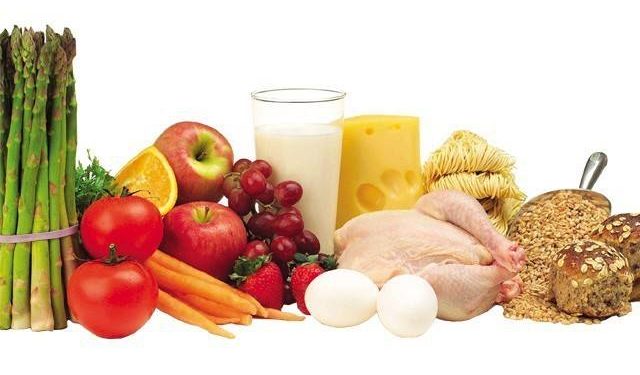The government has created a bill that aims to exempt some food products from tax in order to reduce the cost of living and achieve food security.
That means that if approved, Kenyans will pay less for these food products while farmers will experience a drop in wastage of fruits and foods produced in the country.
“The Bill seeks to amend the Value Added Tax Act to move some items from zero rates to exempt in order to limit zero rating to exports,” Aden Duale, leader of Majority in Parliament said in the memorandum of objectives section of the bill.
The food products proposed for tax exemption are maize seed, meat, unprocessed milk, edible meat offals, oleaginous fruits, fish and crustaceans, sugarcane, oilseeds, and molluscs. Other foods are edible fruits and nuts, edible vegetables, certain roots and tubers, cereals, and the peal of citrus fruits or melon.
The government has also proposed for tax exemptions the supply and importation of fish eggs, bovine semen, animal semen excluding bovine, and groundnuts that are not cooked or roasted. Additionally, products such as seeds of cotton, sunflower, mustard, and sunflower have also been proposed for tax exemption.
Food security and nutrition are one of the Big Four agendas the government wants to achieve in the next five years. For instance, it wants to boost maize production from 40 million bags to 67 million bags in 2022, rice production to 400,000MT from 125,000MT and potato production to 2.5 million tonnes from 1.6 million tonnes.
The bill also proposed tax exemption for agricultural authorities and boards. Some of these boards include pyrethrum, dairy, sisal, national irrigation, pig, and tea boards while the authorities are horticultural crops, pineapple, and the Kenya Tea Development authorities.




